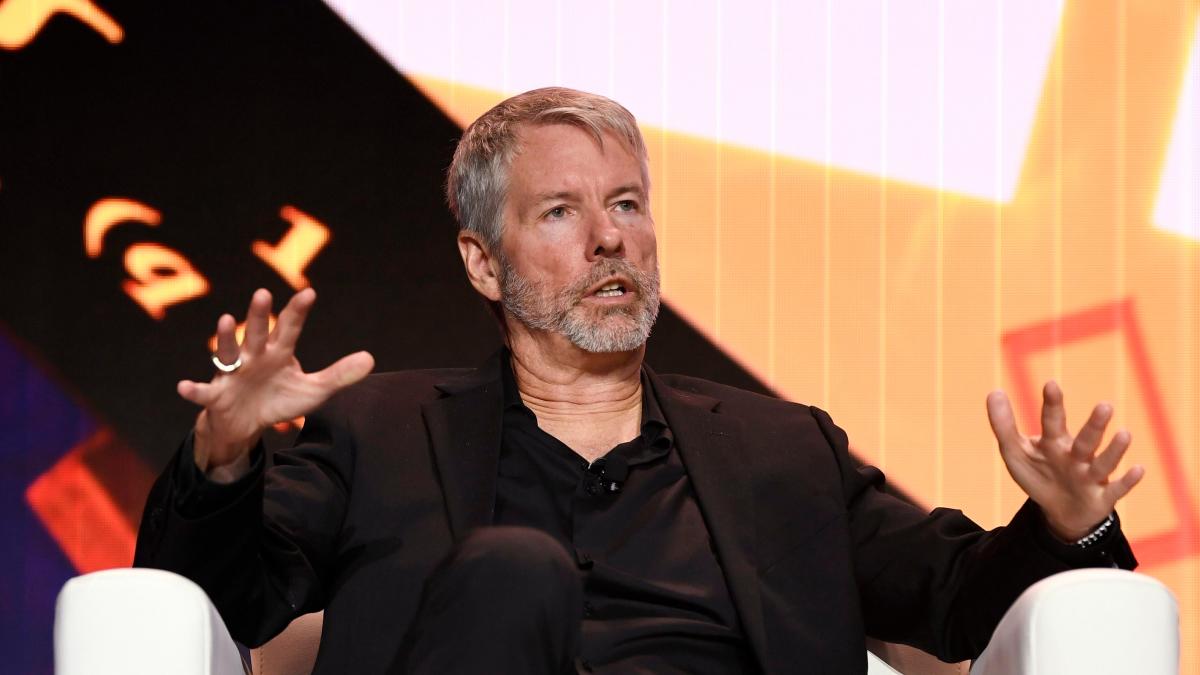Hundreds of thousands of investors just had billions picked from their collective e-pockets. Yet, crypto remains the untouchable queen in the antiquated marble halls of the US Capitol.
Sure, a handful of lawmakers are waving—or at least limply holding—red flags after cryptocurrency exchange FTX imploded earlier this month. Even as hundreds of millions of dollars worth of happiness, retirements, and even basic health care were erased in the blink of a bro’s cunning eye, Congress is cool, calm, and collectively, well, daft.
“It’s not really an issue I know a whole lot about,” says Bernie Sanders, the independent US senator from Vermont who plays a Democrat every four years.
“I don’t really understand the technology,” says US senator Josh Hawley, a tech-forward Missouri Republican.
House Democratic leaders seem to be on the same (if antiquated) page. Asked about plans to address the volatile cryptocurrency world following the collapse of FTX, US representative Hakeem Jeffries (D-New York), the current chair of the House Democratic Caucus and (presumed) future leader of House Democrats, demures. “Well, I think, that’s an issue that, I presume, will be taken up by the Financial Services Committee,” he says.
Talking with lawmakers, it seems Congress continues to wrestle with the definition of what “money” is, even as most of us have moved far past the nation’s representatives and keep asking when we’re going to get our money—digital or otherwise—back. And despite the current crypto collapse, according to Jeffries and many other powerful party leaders, there’s time to kill.
“There are a whole host of issues that, I think, we are planning on working through, and I can imagine that the situation related to the cryptocurrency industry will be one of them moving forward,” Jeffries adds.
According to US senator Cynthia Lummis (R-Wyoming), the rise of cryptocurrencies—and the dangers that come with them—caught Congress by surprise.
“I think that a lot of members of Congress have assumed that the digital asset industry could be on the back burner because it’s immature,” Lummis says. “It’s growing faster than people recognize. And now with Elon Musk announcing that he might use Twitter as a payment platform, I mean, this industry is much more mature than people realize. It’s time. It’s time to regulate. It’s time to put sideboards on this.”
Lummis isn’t merely a Republican. She’s Wyoming—a state that aims to be the “crypto capital” of the US. She was a founding member of the House Freedom Caucus. Like the caucus itself, she moved toward MAGA in recent years, but her libertarian streaks remain pronounced—and crypto’s the best thing since sliced bars of gold for the laissez-faire Lummises of the world.
As anti-regulation as Lummis is, she’s been out in front calling for constraints—“regulations,” even, though that’s still considered a four-letter word in most Republican circles. She wants bumpers, at the very least.
“There will still be companies that deal in digital assets that will fail even after they’re regulated, but at least we’ll have consumer protections and reporting—and the most important thing there is segregating the customers’ assets from the financial institution’s assets,” Lummis says. “What happened with FTX is they were lending out customer’s assets.”







